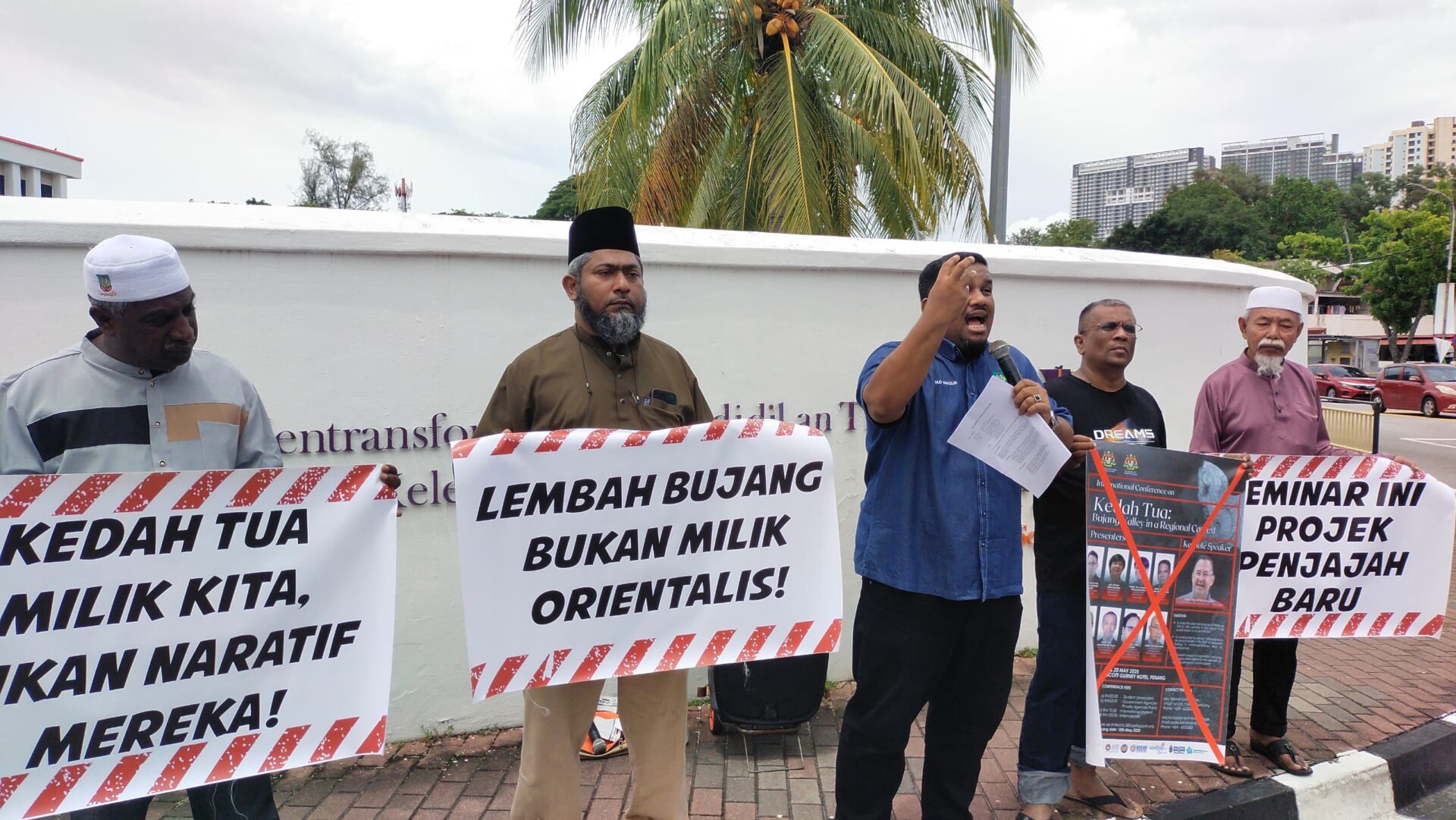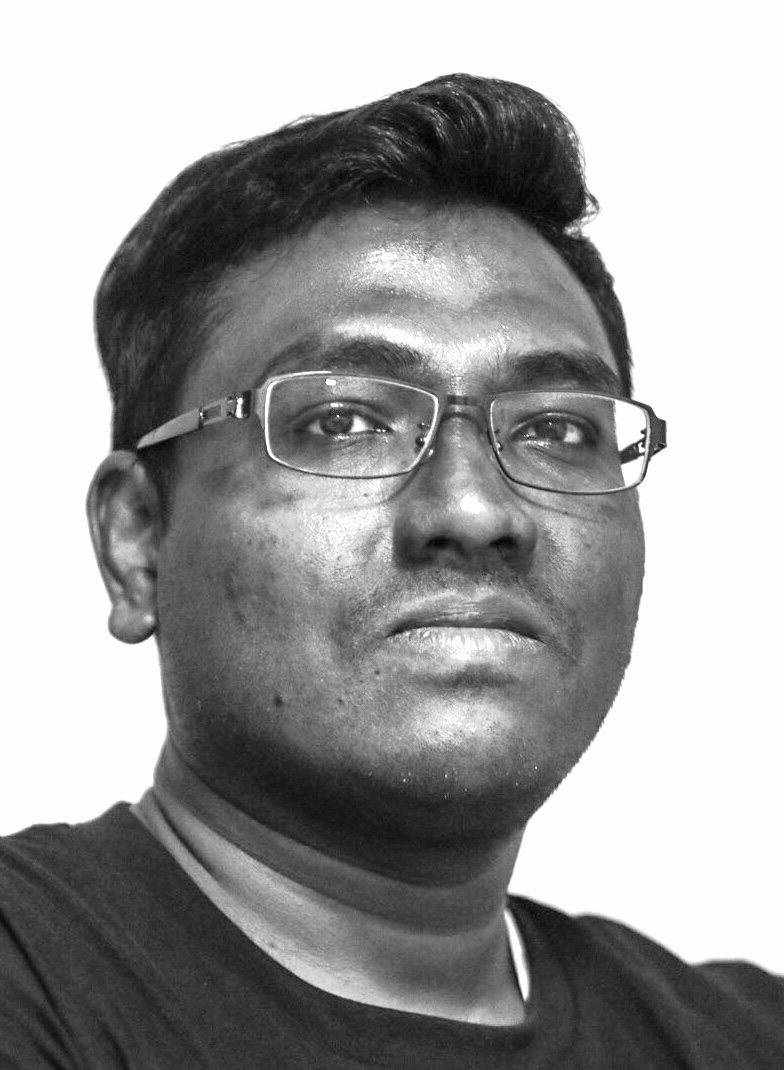GEORGE TOWN – The recent protest by several Malay groups at Universiti Sains Malaysia (USM), which called for the cancellation of an international conference on Kedah Tua history, was driven by ethnoreligious sentiments rather than historical facts, said a leader of the Malay Consultative Council (MPM).
Captain Abdul Rahmat Omar (Rtd), chairman of MPM’s Bureau of Security, Defence, Public Order and Martial Arts, said certain quarters appear concerned that the historical narrative may be shaped by those who do not prioritise the interests of a particular race or religion.
In an opinion editorial, he argued that such fears stem from individuals who have never received formal training in the fields of history or archaeology.
Rahmat, who is trained in history, stated that there is currently no verified discovery supporting the claim that Malays in ancient Kedah practised Islam or even an early version of it.

He noted that while prehistoric human remains dating back to the Palaeolithic and Neolithic periods have been discovered, none of the findings offer evidence of Islamic practices. If anything, he added, they suggest belief systems rooted in animism.
However, he clarified that this does not mean Malays in Kedah Tua were heavily influenced by Hindu-Buddhism. He pointed to the ancient temples in the Bujang Valley, built between the 4th and 13th centuries, which were found at trading sites such as Sungai Batu, Kampung Pendiat, Pengkalan Bujang, and Kampung Sungai Mas.
Only the temples at Bukit Choras and Bukit Batu Pahat were located slightly inland.
“All of them are small in size compared to Angkor Wat, Borobudur, Gedingsuro, or Welan temples.
“This suggests that the Bujang Valley temples served as places of worship for Indian and Chinese traders, and perhaps a small number of local Malays involved in international trade,” he said.
“They were not built for a large population of Hindu-Buddhist worshippers. In short, only a small segment of Malays in ancient Kedah adopted Hindu-Buddhism.
“This is further supported by the absence of temples inland, including in the upper reaches of the Sungai Muda, a key trading hub, or after ancient Kedah declined as a major destination post-14th century.
“If the local population truly practised Hindu-Buddhism, more temples would surely have been discovered by researchers, who have studied the area since the late 19th century.”
Last Friday, Pertubuhan Kebajikan dan Dakwah Islamiah Malaysia (Pekida), along with several other Malay NGOs, urged USM to cancel the International Conference on Kedah Tua: Bujang Valley in a Regional Context. They claimed the event downplayed the Islamic history of Kedah Tua and the Bujang Valley from the 2nd to 14th century.
The groups also criticised what they viewed as a lack of local scholars and an over-reliance on foreign experts in the conference line-up.
Additionally, they objected to what they described as attempts to frame Kedah Tua’s history through “Hindu-Buddha narratives” that “denied early roles of Islam in Kedah”.
‘Don’t spread false narratives’
Rahmat also reminded academics not to spread false narratives regarding national history, but to instead present research grounded in verified evidence and sources that are empirical or peer-reviewed.
He emphasised that academics should speak on topics within their field of expertise. He cited the example of Nik Najah Fadilah Haji Yaacob of the International Islamic University Malaysia, who holds a doctorate in Arabic language studies but frequently comments on Kedah Tua.
Rahmat argued that history graduates have deeper subject knowledge compared to a professor whose expertise lies in another discipline, as history students are required to study world history across various periods – from prehistory to protohistory, traditional history, and modern history.
He added that it would be more appropriate for the academic to present her research to qualified experts for academic review rather than promote it on social media.
“Social media is not the place for academic validation. It would also be better if her research did not involve prophets unless she can provide credible sources. Otherwise, that is no longer history – that is propaganda,” he said.
Rahmat also stressed that any historical research or discoveries should contribute towards strengthening Malaysia and its people – not fuelling division or conflict between communities. – April 16, 2025


